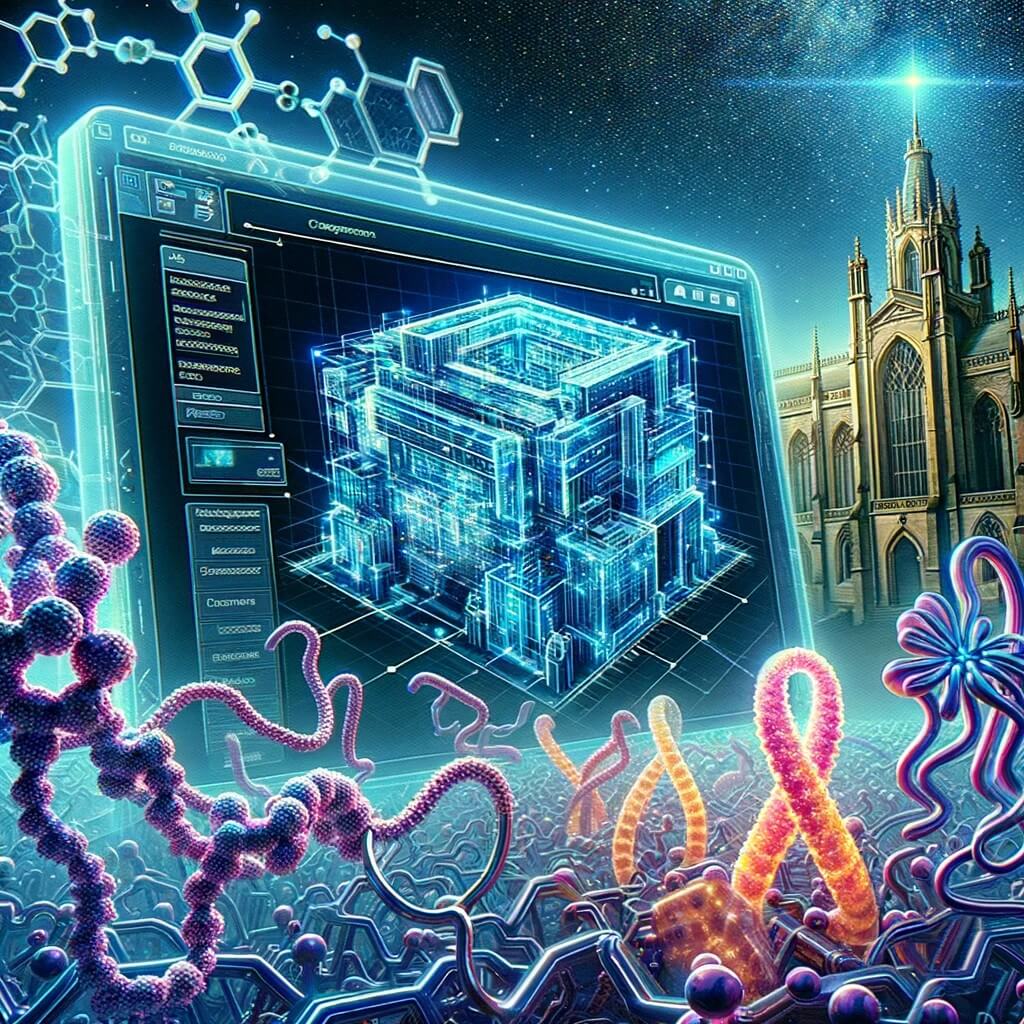Neochromosome’s AI Tool Revolutionizes Enzyme Engineering in Collaboration with University of Edinburgh
1
0

In a collaboration, Neochromosome, Inc., a leading biotechnology company specializing in genome-scale cell engineering, announced a pioneering partnership with Dr. Giovanni Stracquadanio of the University of Edinburgh. The collaboration leverages the power of artificial intelligence (AI) and machine learning to propel the development of designer enzymes. This cutting-edge approach aims to enhance the engineering processes of these enzymes, potentially leading to safer and more effective therapeutics for a wide array of genetic diseases.
AI tool revolutionizes enzyme engineering
The collaboration, supported by the Industrial Biotechnology Innovation Centre (IBioIC), sets out to redefine the landscape of enzyme engineering. Neochromosome and the University of Edinburgh crafted an innovative workflow that seamlessly integrates automation, AI, and biophysics. This multifaceted approach aims to predict ideal enzyme candidates for experimental screening, addressing the shortcomings of current methods known for their expense and low throughput.
Within this revolutionary framework, Neochromosome utilized its proprietary DNA foundry to construct a defined variant library. Scientists from Dr. Stracquadanio’s lab collaborated, evaluating enzyme production and testing on Opentrons’ automated liquid handling robots. The teams embarked on creating thousands of kinase mutations in silico, utilizing a biophysical model to predict the free energy of each mutant. The culmination of this intricate process involved an AI tool processing the data to generate new sequences. The outcome: 40 novel, designer-engineered enzymes boasting predicted low free energy.
Dr. Leslie Mitchell, esteemed Co-founder and Chief Executive Officer at Neochromosome, emphatically emphasized the imperative nature of deploying dependable methodologies in the intricate realm of crafting designer enzymes. The ongoing project stands as a formidable testament to the formidable capabilities inherent in Neochromosome’s cutting-edge DNA foundry, facilitating the convergence of machine learning-guided protein engineering. This groundbreaking initiative holds the potential to address and rectify the prevalent issues of inefficiency traditionally linked with the realm of designer enzymes.
Empowering synthetic biology for genetic disorders
Dr. Giovanni Stracquadanio, Senior Lecturer in Synthetic Biology and Co-director of the Edinburgh Genome Foundry, expressed profound excitement about the collaboration’s potential impact on synthetic biology. The creation of designer enzymes through AI is hailed as a significant milestone, particularly in the context of developing safe and effective treatments for genetic disorders. The ongoing partnership with Neochromosome reflects a shared commitment to advancing scientific knowledge and leveraging innovative platforms for engineering novel enzymes.
This collaboration extends beyond the laboratory, empowering scientists to scale and streamline biological engineering experiments. Neochromosome’s expertise and DNA foundry facilitate customized, flexible workflows, allowing researchers to focus on downstream cell-based experiments. From defined variant libraries and variant mining to clonal selection and DNA repository, the collaboration aims to deliver high-quality results with unprecedented turnaround times.
As Neochromosome and the University of Edinburgh redefine the landscape of enzyme engineering through AI and automation, the implications for genetic disorder treatments are immense. The creation of novel, designer-engineered enzymes opens new possibilities for developing safer and more effective therapeutics. Not only is it unclear how this partnership will affect synthetic biology in the future, but it also raises the question of when advances in the treatment of genetic illnesses will likely occur, bringing about the advent of precision medicine.
1
0





